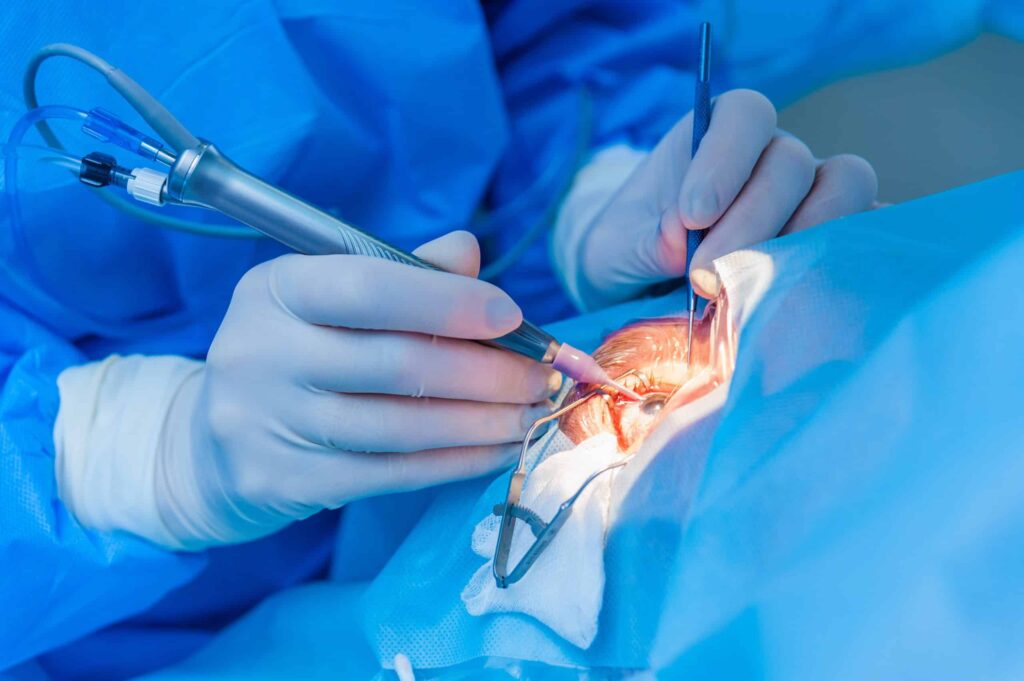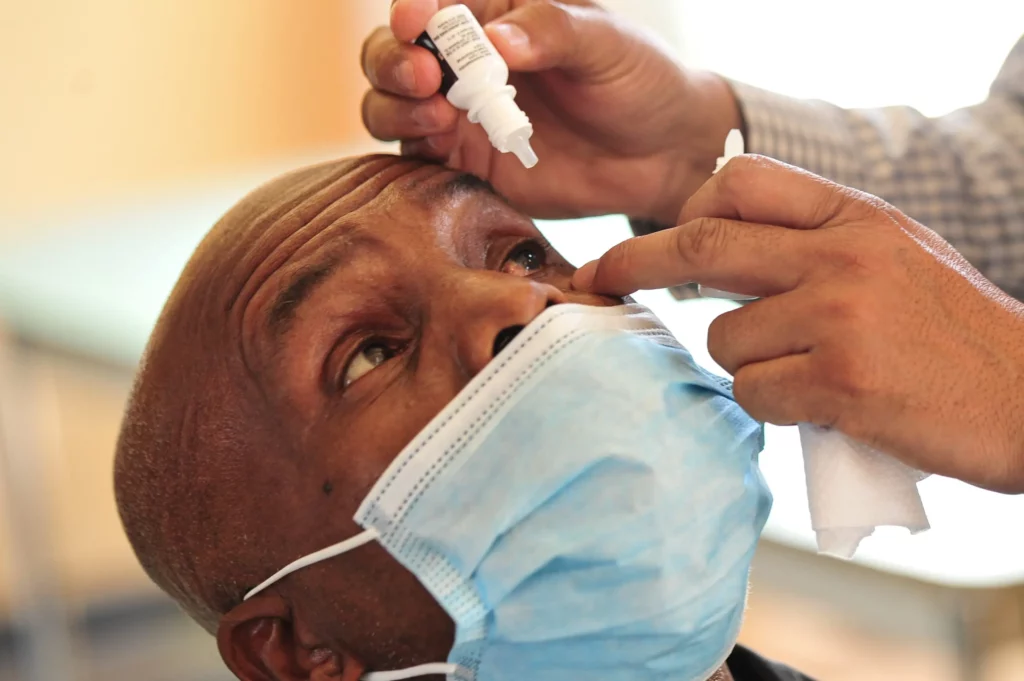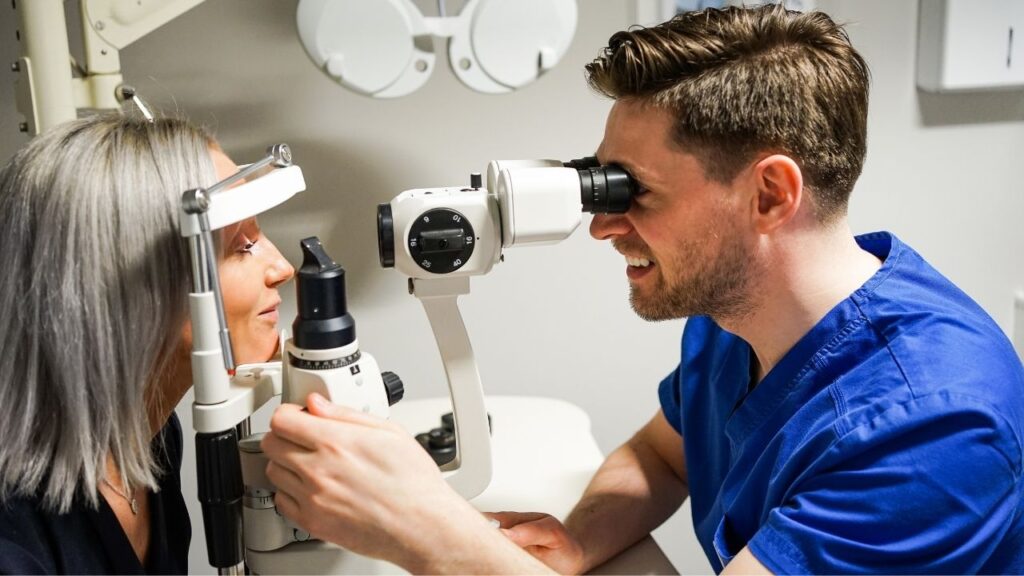Cataract surgery is a common procedure that millions of people undergo each year. If you are considering cataract surgery in Sydney, it is important to do your research and find the best surgeon for your needs. In this article, we will discuss the important factors to consider when choosing a cataract surgeon, how to prepare for the surgery, and what to expect during the recovery period.
Understanding Cataract Surgery
What is Cataract Surgery?
Cataract surgery is a common and highly effective procedure that is used to treat cataracts, which are a clouding of the lens in the eye that can cause blurry vision and difficulty seeing clearly. During the surgery, the cloudy lens is carefully removed and replaced with a clear artificial lens, known as an intraocular lens (IOL). This replacement lens helps to restore clear vision and improve overall eyesight.
It is important to note that cataract surgery Sydney is typically performed on an outpatient basis, meaning that patients can go home the same day as the procedure. The surgery itself usually takes about 15-20 minutes per eye, and most patients experience significant improvement in their vision shortly after the surgery.
The Importance of Choosing the Right Surgeon
When it comes to cataract surgery, choosing the right surgeon is paramount to ensuring a successful outcome. A skilled and experienced surgeon can help minimize the risks and complications associated with the procedure, as well as provide personalized care and guidance throughout the entire process. It is essential to research potential surgeons, read patient reviews, and schedule consultations to find a surgeon who you feel comfortable with and trust.

Factors to Consider When Choosing a Cataract Surgeon in Sydney
Surgeon’s Experience and Expertise
When selecting a cataract surgeon, it is important to consider their experience and expertise. Look for a surgeon who has performed a significant number of cataract surgeries and has specialized training in ophthalmology. You can ask for their credentials and inquire about their success rates. A seasoned surgeon with years of experience not only brings technical skills to the operating table but also a wealth of knowledge to handle any potential complications that may arise during the surgery.
Moreover, expertise in the latest advancements in cataract surgery techniques, such as laser-assisted cataract surgery or premium intraocular lenses, can significantly impact the outcome of your procedure. A surgeon who stays abreast of cutting-edge technologies and treatments can offer you a wider range of options tailored to your specific needs and preferences.
Hospital or Clinic’s Reputation
Another important factor to consider is the reputation of the hospital or clinic where the surgery will take place. Choose a facility that is well-known for its excellent patient care, state-of-the-art equipment, and adherence to safety protocols. You can read online reviews or ask for recommendations from friends or family members who have undergone cataract surgery. A reputable hospital or clinic will not only provide a comfortable and safe environment for your surgery but also ensure a seamless post-operative recovery process.
Furthermore, consider the support staff and ancillary services available at the hospital or clinic. A dedicated team of nurses, technicians, and administrative staff can enhance your overall experience and contribute to a successful outcome. From pre-operative assessments to post-operative follow-ups, a well-coordinated team can provide comprehensive care and support at every step of your cataract surgery journey.
Cost and Insurance Coverage
Cost is an important consideration for many patients. While it is essential to choose a surgeon who offers competitive pricing, it is equally important to ensure that your insurance coverage includes cataract surgery. Contact your insurance provider to understand the extent of coverage and any out-of-pocket expenses you may incur. Keep in mind that while cost is a factor, the quality of care and expertise should remain the top priority when selecting a cataract surgeon and healthcare facility for your procedure. Read more about quality at https://www.acc.edu.au/blog/quality-education-not-facilities/
Preparing for Cataract Surgery
Initial Consultation and Eye Examination
Before scheduling your cataract surgery, you will need to have an initial consultation with your surgeon. This consultation is a crucial step in the process, as it allows your surgeon to thoroughly assess your eye health and determine the best course of action for your specific case. During this consultation, your surgeon will conduct a comprehensive eye examination to evaluate the severity of your cataracts and assess any other underlying eye conditions that may impact the surgery.
Furthermore, the initial consultation is an opportunity for you to discuss any concerns or preferences you may have regarding the surgery. Your surgeon will take the time to address your questions, explain the potential risks and benefits of the procedure, and ensure that you feel comfortable and informed every step of the way.
Understanding the Procedure and Recovery
It is crucial to have a clear understanding of the cataract surgery procedure and the recovery process before undergoing the operation. Your surgeon will provide you with detailed information about what to expect during the surgery, from the moment you arrive at the surgical facility to the post-operative care instructions.
Additionally, understanding the recovery process is essential for a successful outcome. Your surgeon will explain the importance of following the post-operative care guidelines, such as using prescribed eye drops, attending follow-up appointments, and avoiding strenuous activities. By being well-informed about the procedure and recovery, you can approach cataract surgery with confidence and peace of mind.
Post-Surgery Care and Follow-up
What to Expect After Surgery
After cataract surgery, it is normal to experience some mild discomfort, itching, or blurred vision. Your surgeon will prescribe eye drops and medications to alleviate any discomfort and prevent infection. It is important to follow their instructions diligently and attend all follow-up appointments to ensure proper healing and monitor your vision.
During the initial recovery period, you may notice some fluctuations in your vision as your eye adjusts to the intraocular lens. This is a common occurrence and should improve over time as your eye heals. It is essential to be patient and allow your eye to adjust naturally.
Ensuring a Smooth Recovery
To promote a smooth recovery, it is crucial to follow your surgeon’s post-operative instructions. Avoid rubbing your eyes, strenuous activities, or swimming for several weeks after the surgery. Protect your eyes from bright lights and wear sunglasses to shield them from UV rays. If you experience any sudden pain, vision changes, or complications, contact your surgeon immediately.
In addition to following your surgeon’s guidelines, maintaining a healthy lifestyle can also aid in your recovery process. Eating a balanced diet rich in vitamins and minerals can support overall eye health and healing. Adequate rest and hydration are also essential for your body to recover effectively. Remember to take breaks from screen time to reduce eye strain and promote healing. To read more about minerals click here.

Frequently Asked Questions About Cataract Surgery in Sydney
Is Cataract Surgery Painful?
Cataract surgery is typically not painful as it is performed under local anesthesia. However, you may experience some discomfort and sensitivity during the healing process. Your surgeon will prescribe pain medication and eye drops to manage any discomfort you may experience.
During cataract surgery, the cloudy lens inside your eye is removed and replaced with an artificial lens to restore clear vision. The procedure itself is quick and painless for most patients, with the entire process usually lasting around 15-20 minutes per eye. The local anesthesia numbs the eye, so you won’t feel any pain during the surgery.
How Long Does it Take to Recover from Cataract Surgery?
The recovery period for cataract surgery varies for each individual. Most patients experience improved vision within a few days and resume their normal activities within a week or two. However, it may take several weeks for your vision to stabilize fully. Your surgeon will provide specific guidelines for your recovery based on your unique circumstances.
After cataract surgery, it’s common to experience some mild itching, discomfort, or sensitivity to light. These symptoms usually subside within a few days as your eye heals. It’s important to follow your surgeon’s post-operative instructions carefully to ensure a smooth recovery and optimal results. Avoid rubbing your eyes, strenuous activities, and getting water in your eyes to prevent any complications during the healing process.
Other resources: What to Expect During Cataract Eye Surgery

